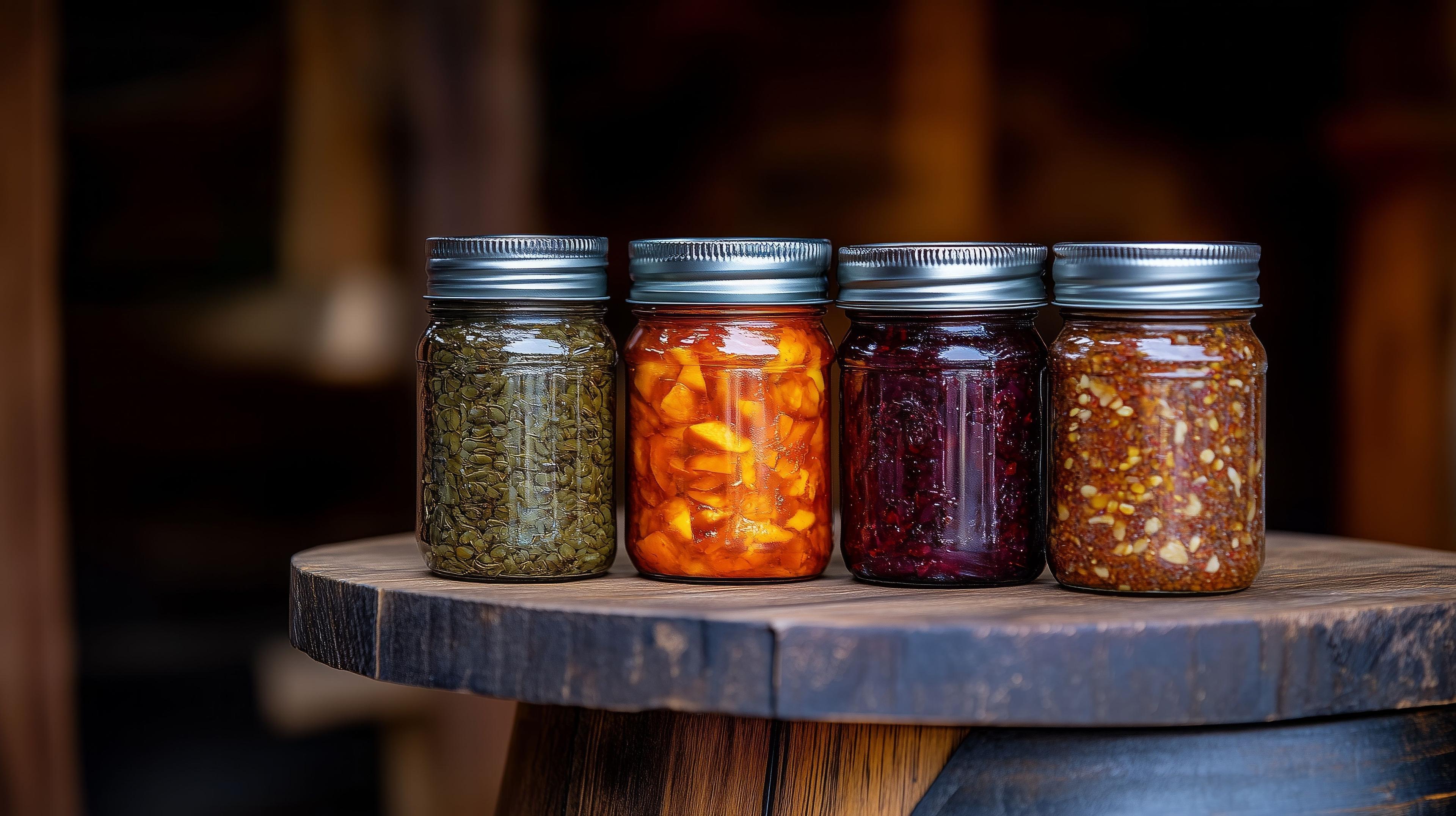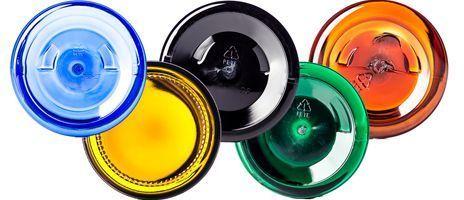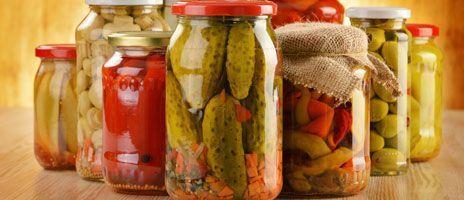The Environmental Benefits of Mason Jars in Packaging


Sustainable packaging has become a growing concern for businesses and consumers alike. With increasing awareness of plastic pollution and environmental degradation, many are turning to eco-friendly alternatives. Mason jars, with their durability and versatility, provide an excellent solution for reducing packaging waste and promoting sustainability. Let’s explore the environmental benefits of using mason jars in packaging.
1. Reduction of Plastic Waste
One of the most significant environmental benefits of mason jars is their ability to replace plastic packaging. Plastic waste contributes to massive pollution problems, filling landfills and harming marine life. Unlike single-use plastic containers, mason jars can be reused multiple times, significantly reducing the need for disposable packaging.
Key Benefits:
- Reusable and durable: Unlike plastic, mason jars can last for years, minimizing the need for frequent replacements.
- Recyclable: Glass is 100% recyclable and can be repurposed without degrading its quality.
- Lower carbon footprint: Producing and recycling glass has a smaller environmental impact than manufacturing plastic.
The Global Impact of Plastic Waste
Plastic pollution is a global crisis. Every year, millions of tons of plastic end up in oceans, endangering marine life and contaminating food sources. The switch to mason jars for packaging reduces dependency on single-use plastics and helps mitigate the environmental damage caused by plastic waste. Businesses that embrace glass packaging contribute to this global effort by offering a more sustainable alternative.
2. Encouraging a Circular Economy
Mason jars support a circular economy, where products and materials are continuously reused rather than disposed of after a single use. Many businesses encourage customers to return their jars for refills, fostering a sustainable consumption model.
How Businesses Benefit:
- Cost-effective refills: Companies can offer discounts to customers who return jars for reuse.
- Brand loyalty: Encouraging sustainable practices enhances customer engagement and brand reputation.
- Less packaging waste: Reduced need for new materials helps decrease overall waste production.
Successful Circular Economy Models
Several businesses have implemented successful circular economy models by using mason jars:
- Zero-waste grocery stores allow customers to bring their own mason jars to purchase bulk goods, reducing packaging waste.
- Cafés and juice bars offer a jar-return system, providing incentives for customers who reuse their containers.
- Artisanal brands create refill programs, encouraging customers to bring back jars for discounted refills of sauces, cosmetics, or candles.
3. Healthier and Safer Packaging Alternative
Unlike plastic, which may contain harmful chemicals such as BPA and phthalates, mason jars are made of glass, a non-toxic material. This makes them a safer choice for storing food and beverages, reducing the risk of chemical leaching into consumables.
Why It Matters:
- No chemical contamination: Glass does not absorb odors, flavors, or chemicals.
- Ideal for food storage: Keeps products fresher for longer without compromising quality.
- Safe for reheating: Unlike plastic, glass can withstand high temperatures in microwaves and ovens without releasing toxins.
Scientific Studies on Glass vs. Plastic
Several studies have highlighted the risks associated with plastic packaging. For instance, research from the Environmental Science & Technology journal indicates that microplastics and chemical additives leach from plastic containers into food and beverages, posing long-term health risks. Switching to mason jars eliminates these risks, offering consumers a safer packaging alternative.
4. Energy Efficiency in Production and Recycling
While glass production requires high energy input, its long lifespan and recyclability make it a more sustainable option in the long run. Unlike plastic, which degrades with each recycling process, glass retains its integrity indefinitely.
Key Energy-Saving Aspects:
- Infinitely recyclable: Glass can be recycled endlessly without losing purity.
- Lower processing emissions: Recycled glass requires less energy to manufacture than new glass or plastic.
- Sustainable sourcing: Made from natural materials like sand, soda ash, and limestone, which are more eco-friendly than petroleum-based plastics.
Comparison of Glass and Plastic Energy Consumption
Feature | Mason Jars (Glass) | Plastic Containers |
| Recyclability | Infinitely recyclable | Limited recycling cycles before degrading |
| Energy Use in Production | Higher initial energy | Lower initial energy but high waste |
| Carbon Emissions | Lower in long-term use | High due to short lifespan |
| Sustainability | More sustainable due to reusability | Major contributor to pollution |
5. Encouraging Consumer Responsibility
Mason jars inspire consumers to adopt sustainable habits by promoting reuse and reducing dependency on single-use packaging. Many households repurpose mason jars for storage, crafting, and gardening, extending their lifecycle and minimizing waste.
How Consumers Benefit:
- Multipurpose usability: Ideal for storing leftovers, dry goods, and homemade beauty products.
- Creative DIY projects: Can be repurposed into planters, candle holders, and decorative items.
- Long-term savings: Investing in reusable packaging reduces the need to purchase disposable alternatives.
Consumer Trends Toward Sustainable Living
A growing number of consumers are embracing sustainable living. Surveys show that 67% of consumers prefer to buy products with eco-friendly packaging. This shift in consumer behavior encourages brands to adopt sustainable packaging solutions, making mason jars an appealing choice for both businesses and buyers.
Conclusion
Mason jars are a simple yet powerful solution for reducing environmental impact in packaging. By replacing single-use plastics, supporting a circular economy, and offering a healthier alternative, they align with sustainability goals while enhancing product presentation. Businesses and consumers alike can make a positive difference by incorporating mason jars into their daily practices.
Switching to mason jars benefits not only the environment but also businesses looking to improve their brand image and consumer trust. The more businesses that embrace sustainable packaging, the greater the collective impact on reducing pollution and waste.
Looking to switch to sustainable packaging? Explore our selection of high-quality mason jars and take a step towards a greener future!




